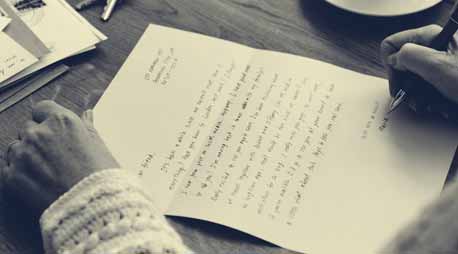When you’re ready to retire, it can be a bit overwhelming. Most people have never written a retirement letter before, so they may not know what to write. This article will help you understand how to write a retirement letter that will bring closure to your time in the workforce and reflect your unique interests and values.
What is a Retirement Letter?
The retirement letter about seniors meet people is a letter that informs your employer of your intention to retire in a formal and written manner. An engagement letter is similar to a resignation letter, which informs your employer that you are quitting your job. An important distinction between a retirement notice letter and a resignation letter is that you are not simply leaving the company, but also requesting retirement benefits.
Tips on How to Write a Retirement Letter

In this letter, you should formally notify your boss that you plan to retire. In business correspondence or email, you can write the letter, but either way, it should be grammatically correct, free of abbreviations and typos, and double-checked to make sure it is perfect. There’s nothing more rewarding than the feeling of accomplishment you get when you write a retirement letter. But it can be challenging to create an effective retirement letter for you. Here are some tips on how to make your own retirement letter better.
Mention a Date
Mention your retirement date early in the letter. Your employer and you will avoid putting off your retirement.
Mention Your Achievements at the Company
Consider including in your letter a concise summary of the value you have added to the company over the years. Include the number of years you worked for the company as a way to remind your boss of your many contributions.
Express Gratitude
In your retirement letter, thank your boss for a rewarding career. If you are unhappy with your job for any reason, don’t talk about it. You should write the letter in a professional and courteous tone, just as you would in person.
Provide Your Services
It might be possible for you to continue working after retirement. You might be willing to do freelance, occasional, or part-time work, for example. First, you should discuss these options with your boss in person. You will just be reiterating them in a formal manner.
Contact Human Resources
As you transition to retirement, this will help you avoid any problems receiving your benefits.
Provide Your Contact Information

In the event you move, let your boss know your new mailing address. Ensure he or she has your personal email address so they can stay in touch.
Conclusion
Retirement letters are one of the most important documents you will ever write. They provide your future self with information about how to manage your money, where it should be invested, and what kind of lifestyle you should lead once you stop working. If you’ve already written a retirement letter for yourself, it’s time to update it!

